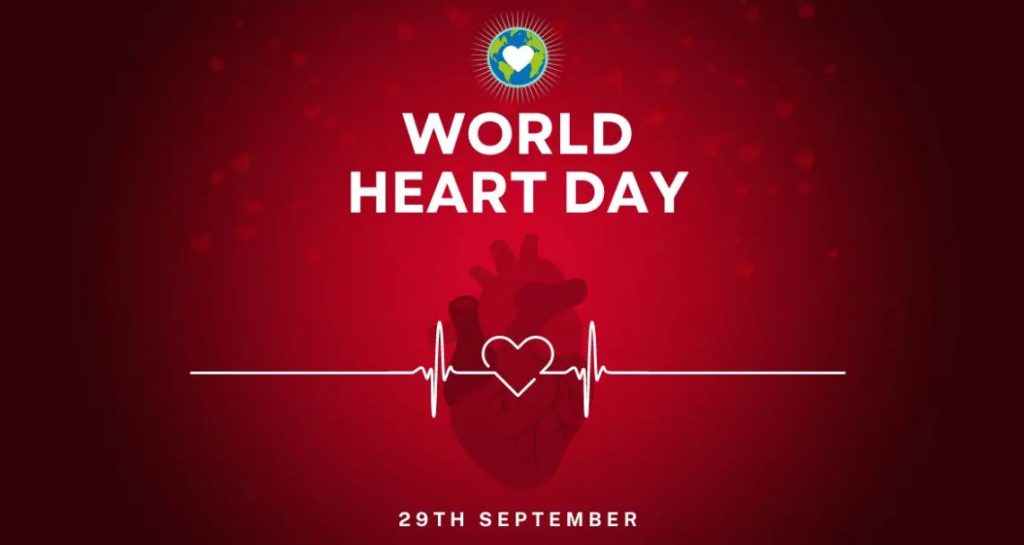On this World Heart Day, we are reminded of the global burden of cardiovascular disease (CVD), which remains the leading cause of death worldwide. The theme for this year, “Use Heart for Action,” emphasizes the importance of prevention, awareness, and the adoption of heart-healthy lifestyles.
Preventive measures, such as a balanced diet, regular physical activity, and avoiding tobacco, are essential to reducing the risk of heart disease. Regular check-ups, monitoring blood pressure, and managing cholesterol levels play a critical role in early detection and intervention.
On this World Heart Day, Dr. Mrinalendu Das, Senior Consultant Cardiac Surgeon, Narayana Hospital RN Tagore Hospital. Emphasized the critical importance of heart health under the theme “Use Heart for Action.” Cardiovascular disease remains a leading cause of mortality globally, but many risk factors can be effectively managed. We encourage everyone to take proactive steps towards a heart-healthy lifestyle. This includes eating a balanced diet rich in fruits, vegetables, whole grains, and lean proteins, while minimizing processed foods, sugar, and unhealthy fats. Regular physical activity is vital—aim for at least 150 minutes of moderate exercise each week. Additionally, avoid tobacco and limit alcohol consumption. Monitoring your blood pressure and cholesterol levels is essential. Regular check-ups allow for early detection and intervention, which can save lives. If you experience symptoms such as chest pain or shortness of breath, seek medical advice promptly.Let’s unite to take action for heart health, supporting each other in making positive lifestyle choices. This World Heart Day, remember that every effort counts towards a healthier future. Your heart matters!”
In addition to lifestyle changes, advancements in medical technology are making a significant impact on heart health. Artificial Intelligence (AI) is now being integrated into cardiac interventions, improving diagnostic precision and guiding life-saving procedures. From analyzing medical imaging to aiding in real-time decision-making during surgeries, AI is helping reduce complications and improve patient outcomes.
Dr. Rajat Kar, Consultant Cardiologist Narayana Hospital, Howrah, said, “AI is revolutionizing interventional cardiology by enhancing diagnostic precision, treatment planning, and patient outcomes. In diagnostics, AI algorithms can analyze medical imaging, such as angiograms and echocardiograms, to detect subtle abnormalities that may be missed by the human eye. This leads to earlier and more accurate diagnoses of coronary artery disease and valvular disorders. During procedures, AI aids in image-guided interventions by providing real-time insights and predictive analytics. For example, AI systems can help interventional cardiologists precisely position stents or guide catheters during complex coronary interventions. AI can also optimize procedural efficiency by predicting complications and suggesting alternative approaches, reducing procedural time and improving safety.In addition, AI assists in post-procedural care by analyzing large datasets from cardiac devices, such as pacemakers and implantable cardioverter defibrillators (ICDs), to predict arrhythmias and other complications. Machine learning algorithms can personalize treatment strategies based on individual patient data, enhancing long-term management of heart disease.
Overall, AI in interventional cardiology improves accuracy, efficiency, and outcomes, while also allowing cardiologists to focus more on patient care by automating repetitive tasks and providing advanced decision support.”
World Heart Day serves as a powerful reminder that through prevention, increased awareness, and innovative treatments, we can combat the global rise in CVD and protect the future of heart health.
